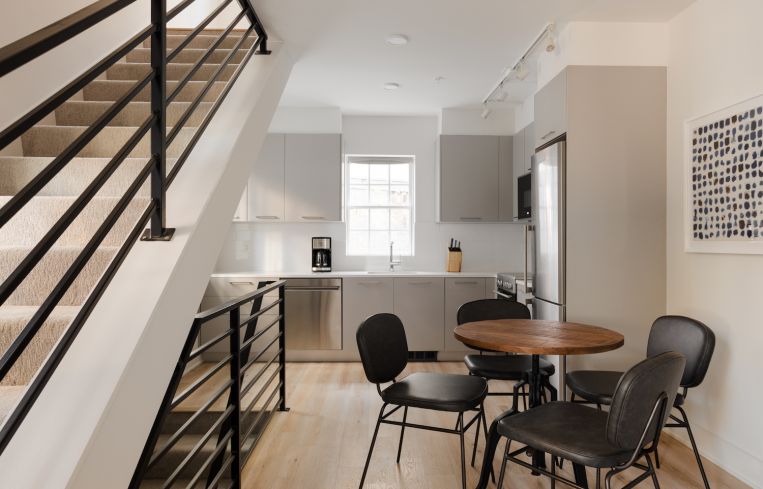How to Up Operating Income in a Multifamily
By Stephen Baker April 6, 2022 1:17 pm
reprints
It’s been a long two-plus years since the pandemic flipped the world upside down. And, if you examine all the ways the multifamily industry has evolved since COVID-19 first hit, it seems much longer than that.
While there have been some silver linings to emerge from the pandemic (namely, improved operational efficiencies), it has hit the industry where it hurts. Specifically, with net operating income (NOI). NAA’s 2021 Income and Expenses Survey cited a 3.3 percent annual loss in NOI — that’s the first decline the multifamily industry has seen in over a decade.
The combination of eviction moratoriums, falling revenues and skyrocketing expenses has the industry in uncharted waters. This is precisely why many are throwing out the rulebook on growing NOI.
Of course, lowering operating costs and increasing revenues still make up the magic equation for improving NOI. But, in today’s environment, operators are using different strategies than in previous years to achieve that outcome.
NOI is dependent on the resident experience.
Traditionally, improving NOI is linked to drivers like ancillary fees, increased rents and nixing unnecessary costs. But, recently, operators are seeing impressive results by prioritizing the resident experience. As renters’ priorities have evolved, the decision to rent and renew is often determined by how a community makes them feel. Because of this, resident experience management is steadily becoming a significant factor in a community’s NOI.

Outdated utility management strategies lead to unnecessary costs and contribute to turnover.
There are many expenses involved in operating a multifamily community. And, if you’re looking to improve NOI by lowering expenses, your first instinct may be to cut certain line items out of your budget altogether. That tactic isn’t always the most effective because it will likely harm resident or staff satisfaction when you eliminate a convenience or a perk that they value.
Instead, tightening the reins on some of your biggest budget items can have a dramatic impact on your expenses. Out of those large expenses, utilities offer the biggest opportunity for reduction. What sweetens the pot is that modernizing your utility management strategies not only lowers costs; it offers an opportunity to improve resident satisfaction.
Utility management strategies that are resident-friendly drive down costs.
Higher utility consumption coupled with higher prices make now an opportune time to reexamine your utility management strategies. Luckily, there are proven strategies that allow you to keep costs down while building a positive resident experience.
Conservation measures appeal to environmentally conscious renters.
When it comes to utilities, one way to catch the attention of environmentally conscious renters is by encouraging conservation within your communities. Being more responsible with utility consumption can make a strong impact on the future of the planet — and it’s something we are all capable of doing.
The American Council for an Energy-Efficient Economy (ACEEE) estimates that reducing wasteful energy habits could cut the planet’s greenhouse gas emissions by about 50 percent by midcentury. Initiatives that promote conservation will make renters feel like they (and the communities they live in) are doing their part for the environment.
Consumption-based billing promotes conservation and saves money.
The level of utilities that residents use is directly correlated to how (and if) they pay for said utilities. If you are including utilities in the price of rent or charging a flat fee each month, there’s no real incentive for residents to conserve. In fact, it can lead to excessive usage, as renters might feel like they need to get their money’s worth.
Instead, a consumption-based billing program is highly effective at limiting excessive usage. A Fannie Mae survey found that when owners paid for all energy costs, median annual energy use was 26 percent higher than when residents were responsible for paying the energy costs. That extra 26 percent in utility consumption has a dramatic impact on NOI, so the benefits of addressing the matter are without question.
Utility management and resident satisfaction go hand in hand.
Utilities may not seem like an obvious area for improving the resident experience, but it can definitely be an important component of your overall strategy. Every interaction a resident has with your community contributes to their level of satisfaction with your community. With something like utilities — which are essential to daily life and thus frequently interacted with — a thoughtful approach to management strategies is paramount.
Stephen Baker is president and general manager of Zego, a proptech company specializing in property management.



